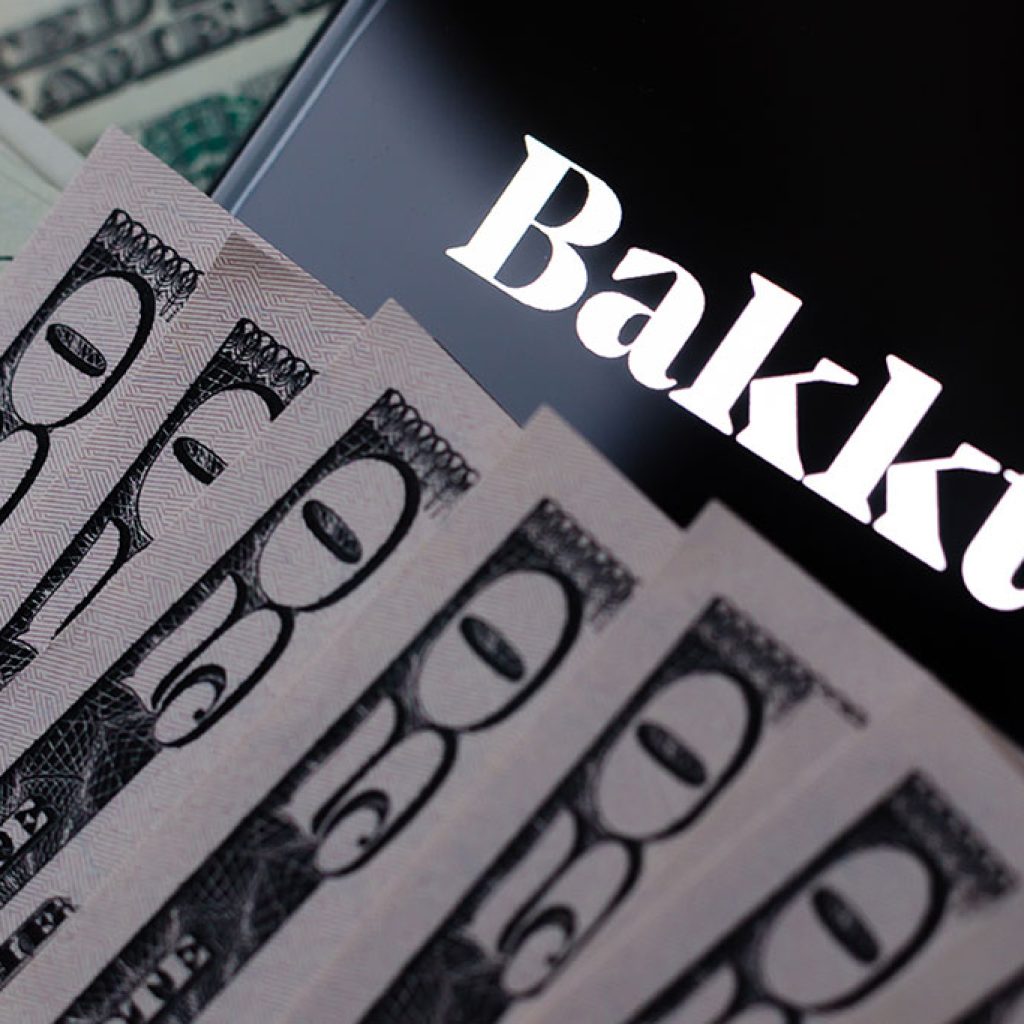In a recent legal development, Ripple has made a significant stride in its ongoing lawsuit with the U.S. Securities and Exchange Commission (SEC). Judge Analisa Torres ruled that XRP sales to individual customers did not constitute securities transactions. This decision marks a pivotal moment in Ripple’s multi-year legal battle, which has incurred over $100 million in legal costs for the company.
The focus now shifts to the settlements phase, where Ripple and the SEC are negotiating the financial penalties Ripple will face for sales deemed securities transactions to institutional investors. While Ripple seeks a substantial reduction in penalties, the SEC is targeting the full amount of $770 million from institutional sales.
The agreed-upon 90-day discovery period for determining the appropriate remedy limits the scope to the pre-lawsuit era. This phase involves a critical data exchange to ascertain the penalty amount. The outcome of these settlement talks is crucial, as it will determine the financial repercussions for Ripple.
Legal experts have weighed in on this complex scenario. A notable legal expert, Jeremy Hogan emphasizes that the penalty calculation should consider net earnings from the sales, not the gross amount. John E. Deaton, another legal professional, opined that a settlement of $20 million or less would signify a near-total victory for Ripple.
This case has garnered significant attention due to its implications for the cryptocurrency industry and the SEC initially alleged that Ripple’s XRP sales constituted unregistered securities transactions. Ripple’s defense challenged this claim, leading to the recent ruling favoring Ripple for its retail sales.
The case’s resolution will have far-reaching effects on the regulatory landscape of digital currencies. It highlights the ongoing debate surrounding the classification of cryptocurrencies as securities. The final decision on the settlement will be a key moment for Ripple and the broader crypto community, setting a precedent for future regulatory actions in the sector.





